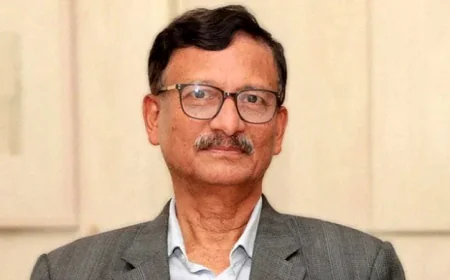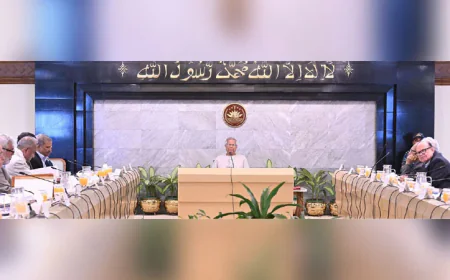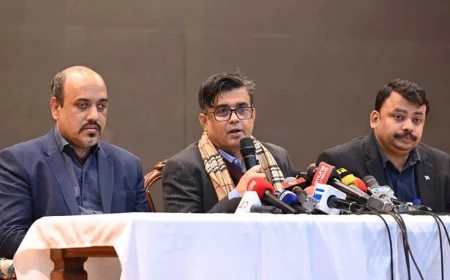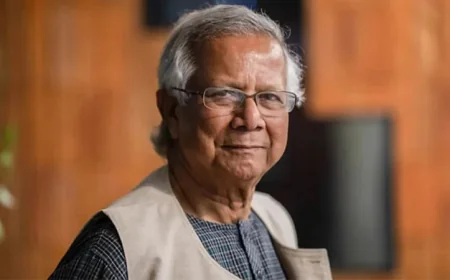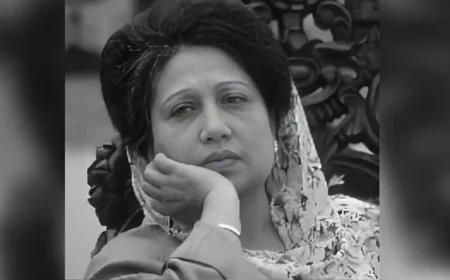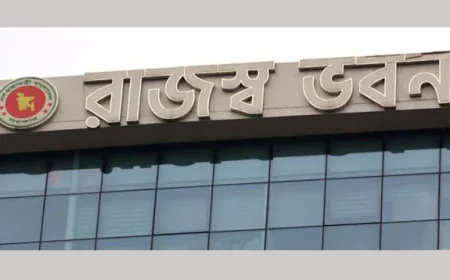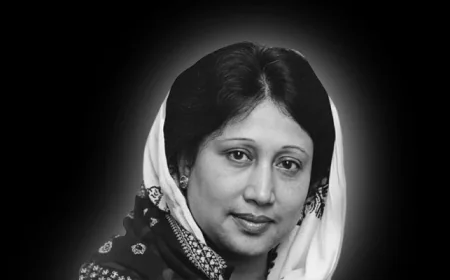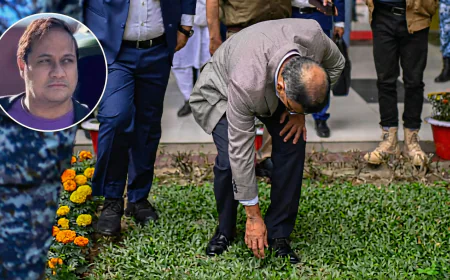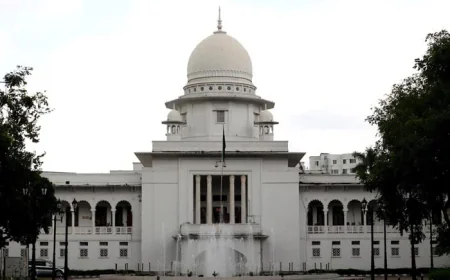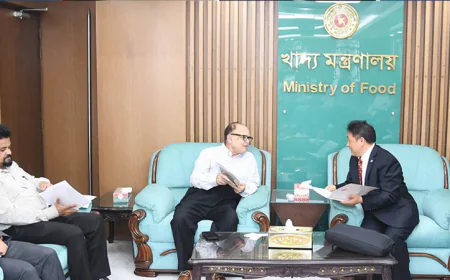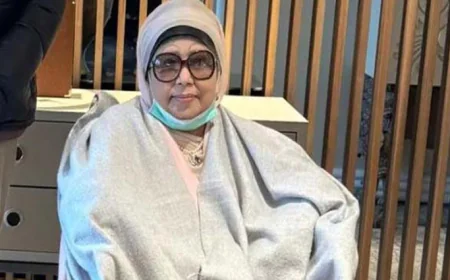Rare Manuscripts of Centenary Rammala Library to Be Preserved
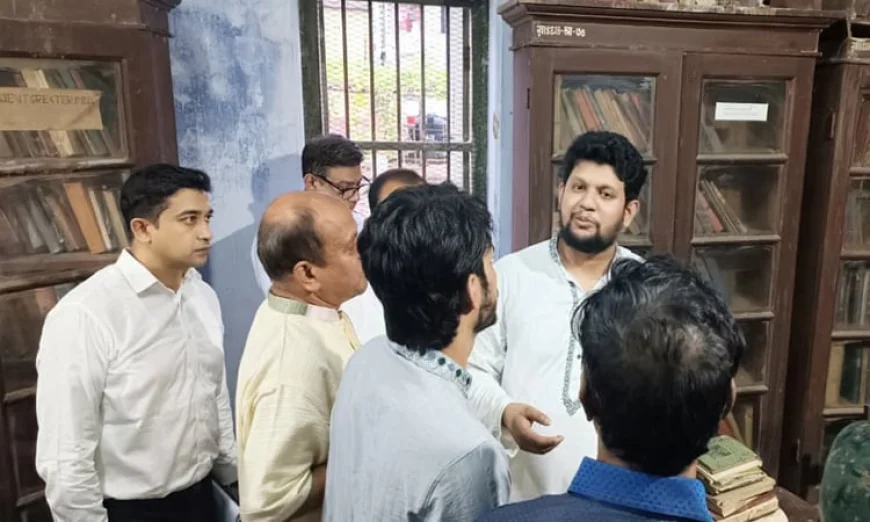
The century-old Rammala Library in Cumilla, a priceless treasure trove of Bengali education, literature and culture, is set to undergo a major digital preservation initiative. Information Adviser Mahfuz Alam has emphasized the urgent need to scientifically preserve and digitize the library’s invaluable collection to protect it from deterioration. “The rare manuscripts and books of the Rammala Library are at risk of being destroyed,” the adviser said recently.
“If digital preservation is not started now, this invaluable history will be lost. This is crucial for international-standard research.” He added that discussions with the Ministry of Culture would begin to initiate scanning and digitization of the collection soon. “If necessary, the issue of preserving it in a separate building in the future will also be considered,” he said. Established in 1912 within the historic Ishwar Pathshala premises, the Rammala Library has been a cornerstone of education, research, and cultural development in the Cumilla region for more than a century.
Founded by philanthropist Mahesh Chandra Bhattacharya in memory of his mother, Rammala Devi, the library later became part of a larger educational complex, including the Ishwar Pathshala (1914) and the Devalaya (1917). The library was shifted to its current location in Maheshanga in 1950, and its present building was completed in 1953. Currently managed by the Mahesh Charitable Trust, the library has about 25,000 books and over 8,500 manuscripts, including more than 6,000 Sanskrit manuscripts.
The collection features texts in Bengali, Sanskrit, English, and Urdu, alongside rare palm-leaf, banana-leaf, and wooden manuscripts, as well as old periodicals such as Prabasi and Bharatvarsha. The manuscripts cover diverse fields—philosophy, the Vedas and Upanishads, Sanskrit scriptures, literature, folk life, medicine, astrology, anthropology, and regional history. A small museum attached to the library also preserves ancient coins, pottery, sculptures and other archaeological artifacts.
According to heritage experts, the Rammala Library is not merely a repository of books but an invaluable center for the study of history, culture and education. Jahangir Alam Imrul, president of Cumilla Heritage and a literary activist, said, “Infrastructure development, technology integration, and regular cultural activities are essential to transform the century-old Rammala Library into a modern knowledge center. With digital tagging and visitor-friendly displays, it can attract international tourists and researchers alike.”
Recital organizer Kazi Mahtab Suman said, “If the Rammala collection is opened to the public, it will shed new light on the study of Bengali language and culture. This will be a milestone not only for Cumilla but for the entire nation’s knowledge heritage.” History researcher Ahsanul Kabir said, “The Rammala Library is the primary source of Cumilla’s social and cultural history. Digitization will open new doors for research and establish it as an invaluable center for the study of Bengali culture.”
Assistant librarian Kamal Chakraborty said that many rare documents have been damaged due to humidity, insects, and the absence of scientific preservation systems. “We want this invaluable heritage to be preserved using modern technology,” he said. With the government’s commitment and expert guidance, the digital preservation of Rammala Library promises to safeguard a century-old legacy—ensuring that the intellectual and cultural history of Bengal remains accessible to future generations.
